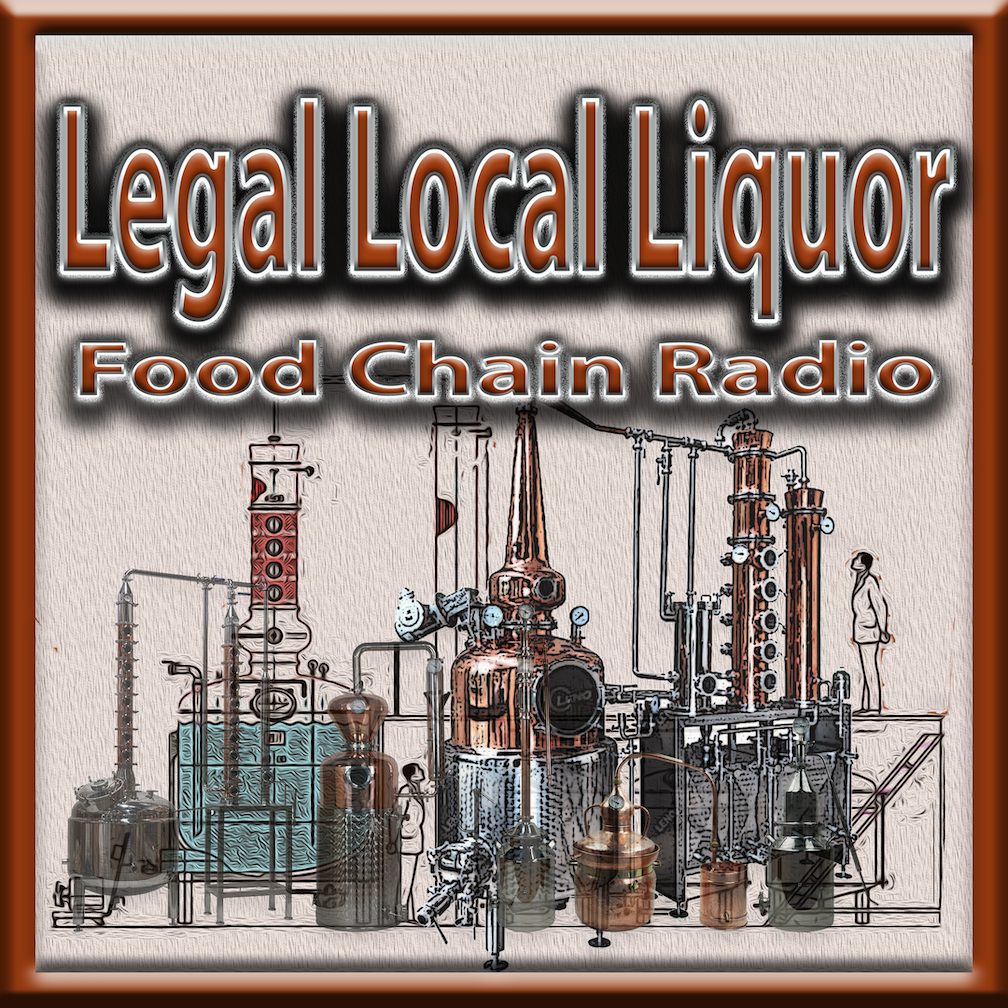
Legal Local Liquor
February 4, 2022
Plants Are People, Too!
February 19, 2022GUEST: Congressman Dan Newhouse (R) Washington State
We begin with Michael Olson’s First Law of the Food Chain, Agriculture is the foundation upon which we build all our sandcastles. No surplus of food, no sandcastles!
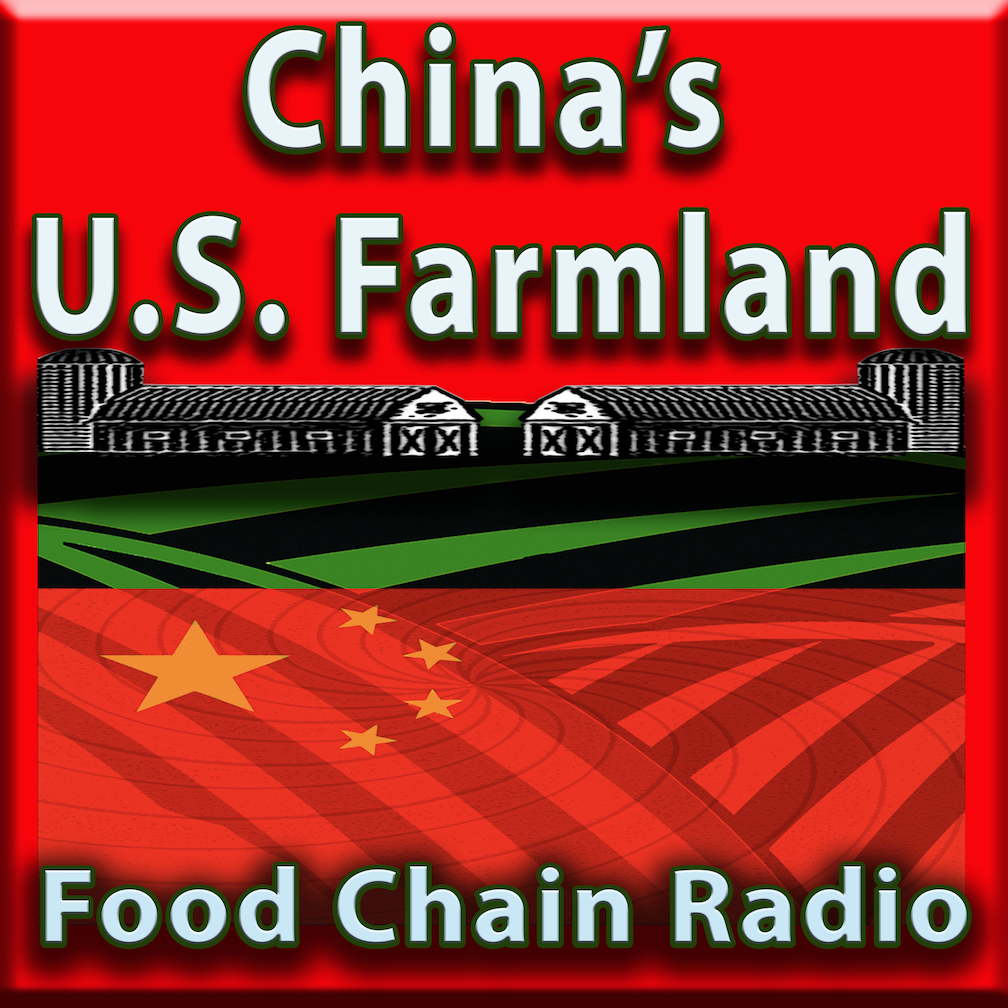
Michael Olson Food Chain Radio – China is Buying Up America’s Farm Land – China’s U.S. Farmland
I ask that you hold that thought in mind as we turn to China, which can no longer feed itself! Of course, that is only my opinion, but there is a lot of circumstantial evidence that points to it being a fact.
Here are three such pieces of circumstantial evidence that point to the fact that China can no longer feed itself:
- China is now said to be hoarding more than half of the worlds grain, much of which has been purchased from the United States.
- China is buying up U.S. farmland, and now owns close to a quarter million acres.
- Due to its rapid industrialization, it is estimated that one-fifth of China’s farmland and 80% of its ground water are contaminated with toxic heavy metals.
Search: China’s rice contaminated with toxic heavy metals.
Today we are going to talk with Republican Congressman Dan Newhouse from the state of Washington, who has authored legislation to prevent China from buying up more U.S. farmland.
But before we talk to the Congressman, I would like to share a Michael Olson take on how China lost the ability to feed itself.
Farmers of Forty Centuries: We begin with a former U.S. Secretary of Agriculture by the name of F. H. King, who traveled to China, Japan and Korea back in the early 1900’s. Upon his return to the U.S.,0 King published a book in 1911 titled Farmers of Forty Centuries. Listen to one sentence from King’s book:
“The man walking down the row with his manure pails swinging informed us that in his household there were twenty to be fed; that from this garden of one half acre of land he usually sold a product bringing in $400.”
Observations:
- One half an acre of land fed and sustained 20 people! Do you know any modern times high tech farmer that could feed and sustain 20 people on one half acre of land?
- The farmer brought in $400 from his half acre, which in today’s money would be about $14,000.
- Extrapolation 1: This farmer was farming land that had been farmed for 4,000 years, and it was still as productive as ever.
- This farmer of forty centuries was a free man, independent of the dynasties that came and went, kind of like snowmen…
- It was never the political dynasties that ruled China, it was always its “farmers of forty centuries!”
1949: Chairman Mao and the CCP take charge and begin making really big changes to the ways things were to be done in China. The first years of this new Red Dynasty were devoted to getting rid of opposition, which meant that 9,000 years of culture, religion and tradition had to be eliminated.
1958: Mao’s effort to change China went ballistic with his Great Leap Forward. This Leap was Mao’s effort to transform China from an agrarian society into a communist society by taking farmers off their farm and putting them to work on the CCP’s collective farms.
- The consequence of this this Great Leap Forward was that the farmers who had maintained the fertility of soil for forty centuries became farm workers taking marching orders from CCP comrades, who took their orders as they came cascading down the CCP food chain from Mao himself.
- Search: Chairman Mao’s Smashing the Sparrows Campaign
- As a consequence of Chairman Mao’s directives, the “Great Leap Forward” turned into “Mao’s Great Famine,” and somewhere in the neighborhood of 50 million people, mostly farmers, starved to death.
- Search: Mao’s Great Famine
1978: After the death of Mao, Deng Xiaoping introduced the “Four Modernizations” which were designed to make China an economic power in the world marketplace.
- De-collectivization of agriculture.
- Opening China’s economy to foreign investment
- Privatization of state owned industries
- Foreign money poured into China
- Rapid industrialization and citification of China
- Where did the workers come from to man the factories: farms!
- Where did the land come from to build the new cities: farms?
- No governors to growth as China raced to become number 1
- Search Evergrande and China’s Ghost Cities
Today: Where is China today? As a consequence of the top-down leadership by the CCP over the past 73 years, China appears to me to be a basket case in deep, deep trouble.
- Real Estate: 29% of its GDP and 80% of its wealth, is it a state of collapse. (Search: Evergrande and China’s Ghost Cities)
- Industries: That have been left to run wild and free, are now being corralled by the CCP and forced into servitude. (Search: Jack Ma)
- Agriculture which, according to Michael Olson’s First Law of the Food Chain is the Foundation upon which we build all our sand castles, is now unable to provide enough food.
- 4 billion people: over 4 times more people than the U.S. on less than one-fifth the arable land.
- 20% of China’s farmland and 80% of its water is said to be contaminated with toxic heavy metals. (Search: China’s contaminated rice.)
- Much of the know-how of those farmers of forty centuries has been cashed in on the pursuit of industrial agriculture technologies.
- Today, China can no longer feed itself.
- China no longer has the farmers who sustained and nourished the country through its 9,000 years of recorded history.
- The CCP essentially starved them out.
- It has turned to industrial models that rely on money and the machinery and chemicals it can buy.
- It must buy and stockpile food from other countries
- It must buy or take farmland from other countries.
And so the question we place on the table today is,
Leave a comment below: Should China be allowed to buy up the best of U.S. farmland?
Michael Olson’s Three Laws of the Food Chain
#1 Agriculture is the foundation upon which we build all our sand castles.
#2 The farther we go from the source of our food, the less control we have over what’s in that food.
#3 Cheap food isn’t! READ MORE
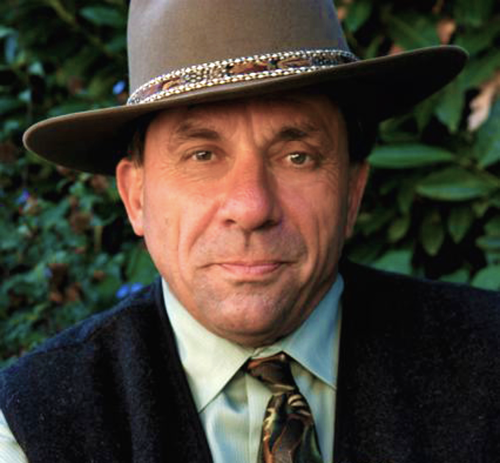

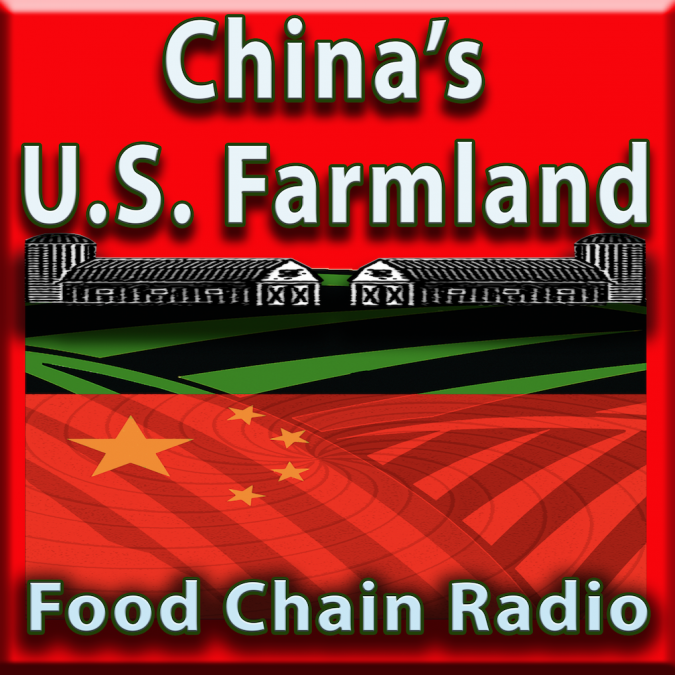

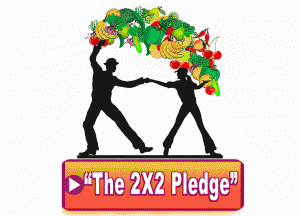
2 Comments
Hi Michael,
good job interviewing Congressman Newhouse. I appreciated the perspective you gave starting with Farmers of 40 Centuries and enjoyed the interview. Kudos!
Larry Jacobs
Good Day- thank you for this podcast Michael Kieth. It is most important that the general public are informed of such alarming news.
What is the procedure for China to try to acquire property in the U.S. Don’t they need to go through the Department of the Interior? China can’t approach a landowner directly can they? And why would a U.S. citizen agree to sell their ag land to China? I’m sure the money issue is huge.
Thanks!